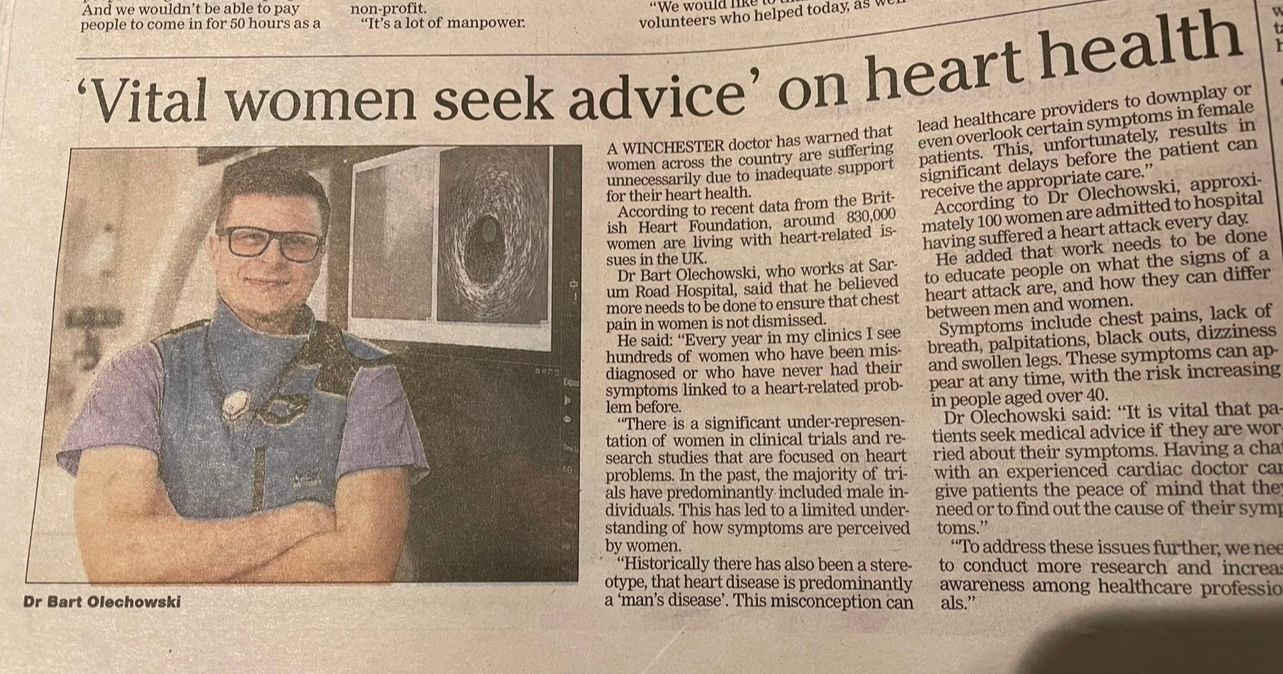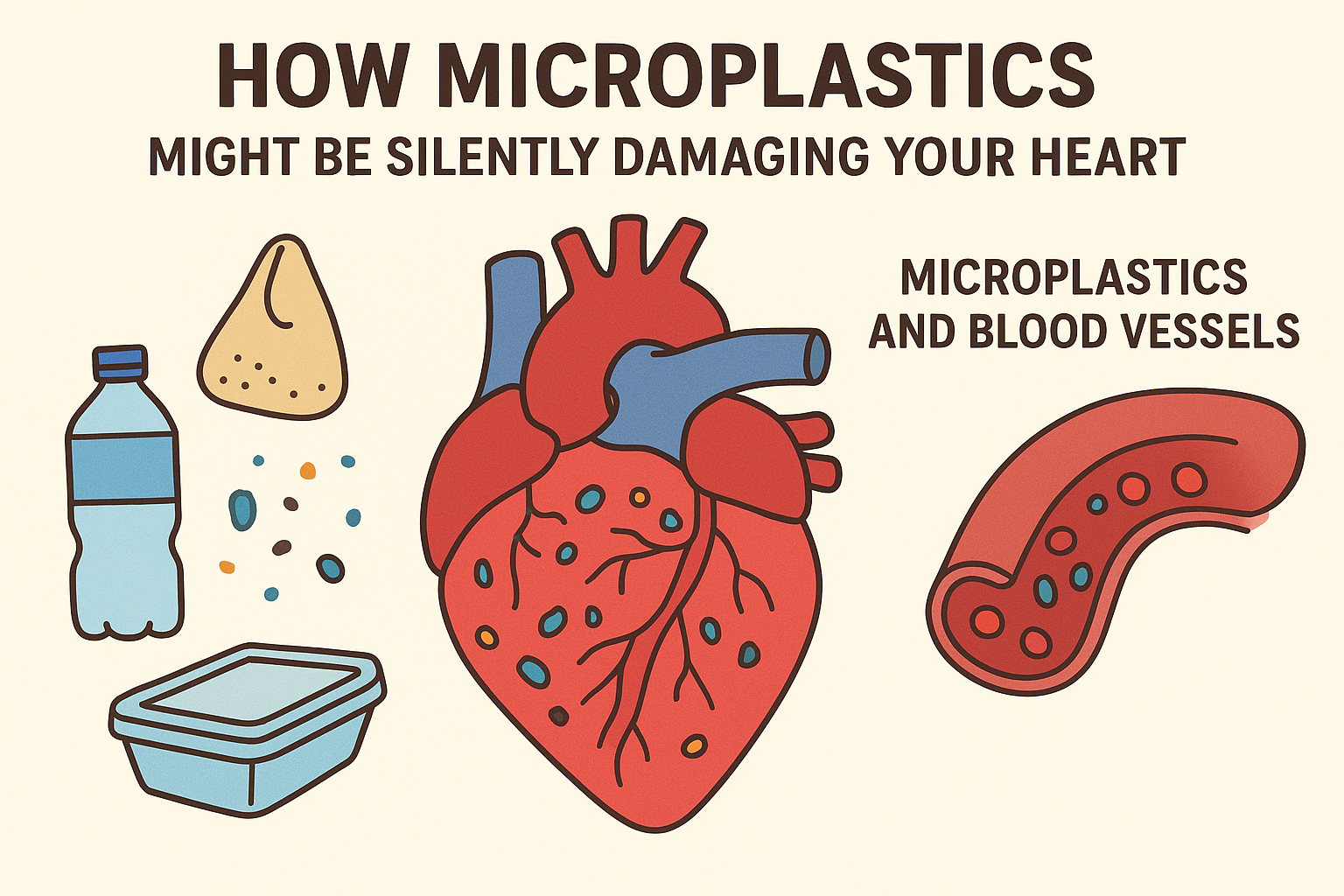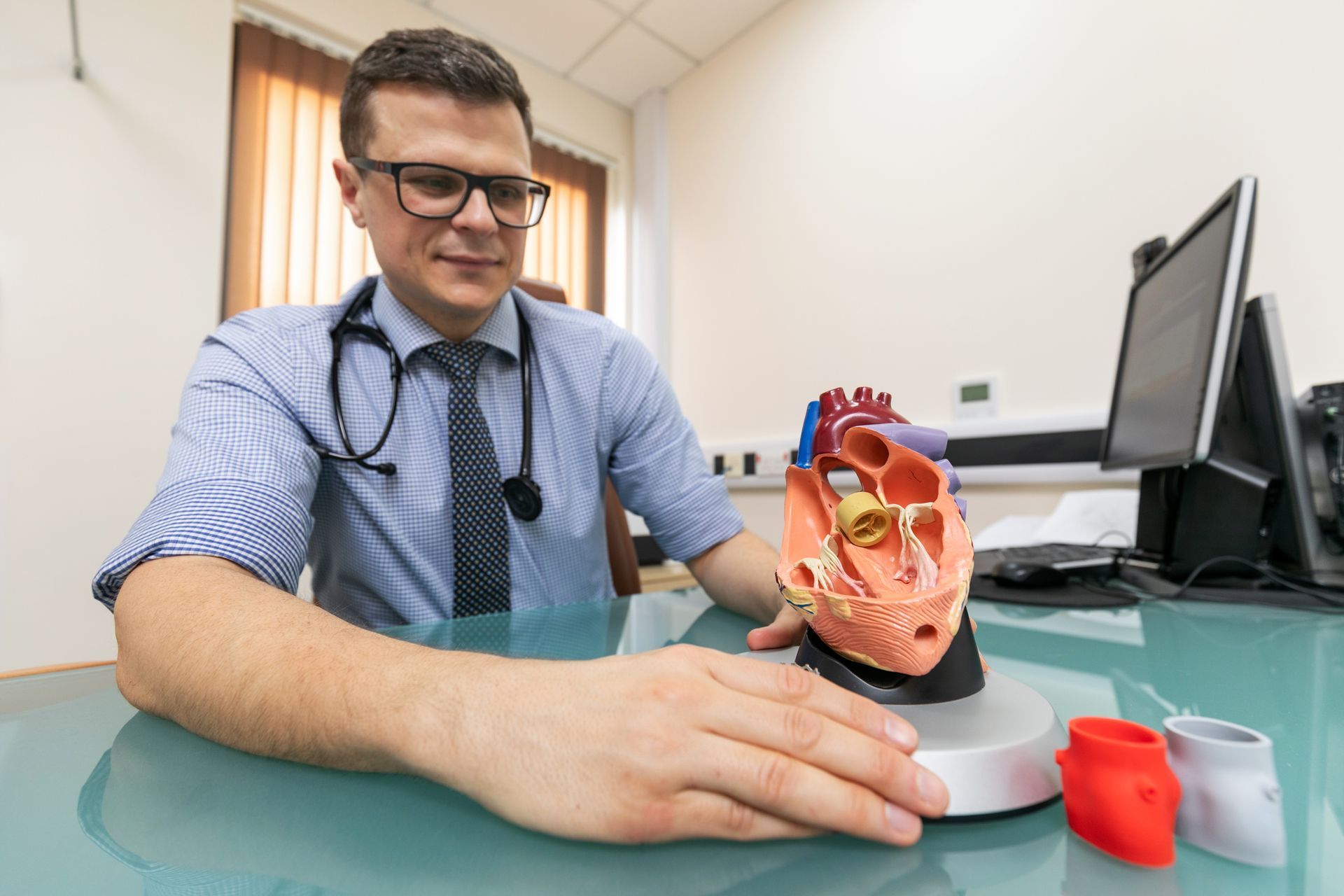Cardiovascular Wellness Among Women

Link to press release: https://www.hampshirechronicle.co.uk/news/24141757.winchester-doctor-issues-warning-womens-heart-health/
Diagnosing cardiac conditions in women.
Women face unique challenges in the diagnosis, recognition, and treatment of cardiac conditions. According to the British Heart Foundation, in the United Kingdom approximately 100 female patients are admitted to hospitals with a heart attack every day and they have 50% higher chance than men of being initially misdiagnosed. There are several gender-specific issues that contribute to this.
Firstly, there is a significant underrepresentation of women in clinical trials and research studies focused on heart problems. In the past, the majority of cardiovascular trials have predominantly included male individuals. This led to a limited understanding of how heart conditions and symptoms are perceived by women.
Secondly, cardiac symptoms tend to manifest differently in female population and are often described as atypical presentation. The well known symptoms of chest pain, burning or tightness may not be as prominent in Women as in men. Female patients often present with more subtle symptoms such as breathlessness, fatigue, nausea or even widespread ache.
Finally, hormonal fluctuations, particularly during menopause can also affect female patients` heart health.
Understanding and addressing these unique symptoms and risk factors are crucial for accurate diagnosis and implementation of effective treatment strategies.
Differences in recognising heart issues in women in comparison to men.
Societal circumstances play a role in the challenges women face in diagnosing cardiac conditions. There is a historical stereotype, that heart disease is predominantly a "man's disease". This misconception can lead healthcare providers to downplay or even to overlook certain symptoms in female patients. This mistaken belief, coupled with a lack of awareness among women themselves, can unfortunately result in delayed medical attention.
Symptoms that women need to look out for.
Despite often an atypical presentation, women need to be aware of both classic and female specific symptoms of heart conditions, to ensure early diagnosis and intervention. The classical symptoms of heart problems include: chest pains, lack of breath, palpitations, blackouts, dizzy spells and legs swelling. Women, however in addition to the above, may experience more subtle signs, such as unexplained fatigue, sweating, nausea and non specific aches in jaw, neck, back or even upper abdomen. In particular, women with certain risk factors, such as diabetes, hypertension, or a family history of heart disease, should be aware of any unusual, often new to them, physical sensations.
Awareness of heart symptoms in women.
Due to the fact, that the typical symptoms of heart problems are not so obvious in women they can go unnoticed or even unintentionally ignored. However, the underlying pathological process may still exist, therefore the misdiagnosis or delayed diagnosis can put women at a higher risk of short and long term complications.
Fostering public consciousness through heightened awareness initiatives
Currently, with widespread use of education and information, raising awareness plays a very important role. As described above symptoms in female patients may differ greatly from symptoms in the male population and knowing when to get help is crucial.
To address these issues further, we need to conduct more gender-specific research, increase awareness among healthcare professionals, and enhanced education for both women and the medical community. By acknowledging and addressing these challenges, we can work towards a healthcare system that is more attuned to the distinct needs of women in the diagnosis and treatment of heart problems.
Guidance for women, who may be experiencing heart problems.
Seeking medical advice is always the best option if patients are worried or unsure. Often a clinical consultation with a cardiologist can, either lead to a diagnosis and treatment, or even better full reassurance and peace of mind.
What`s more, considering the variety of symptoms that female patients can experience, women should also trust their instincts and seek medical attention if something feels different. As majority of us currently aware, maintaining a healthy, active lifestyle with a balanced diet and exercise are also essential components of heart disease prevention. Finally, regular health check-ups, monitoring of blood pressure and cholesterol levels are important too.











